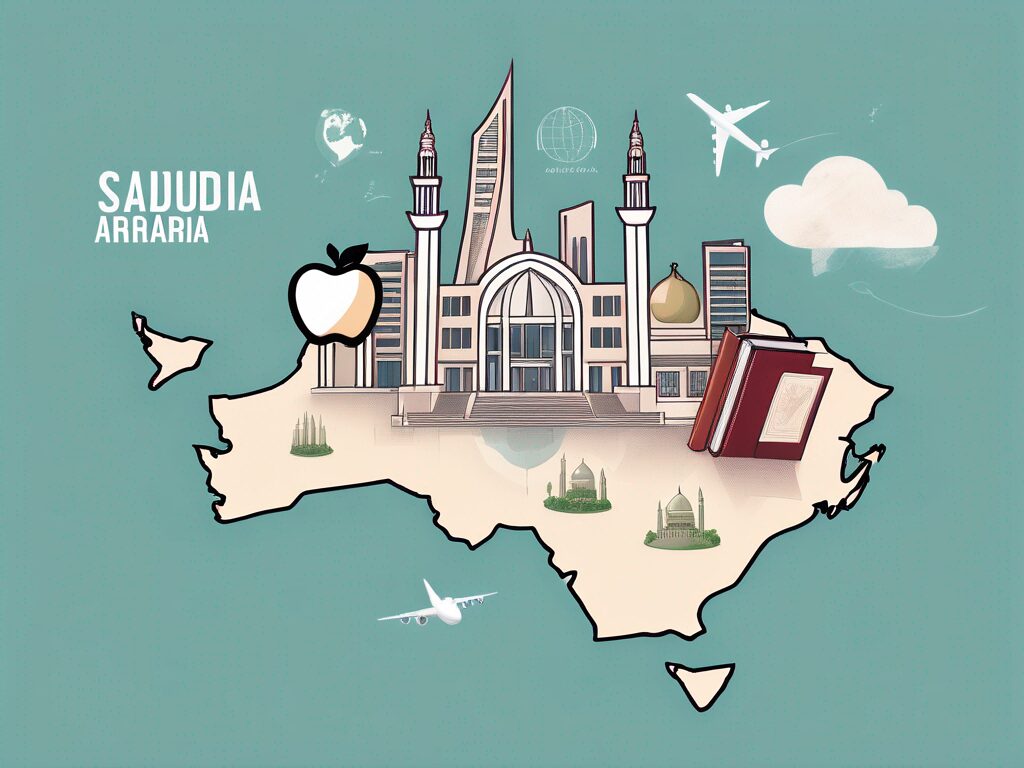Why Are There So Many International Schools in Riyadh?
Riyadh, the capital of Saudi Arabia, has become a thriving hub for international schools. This trend is not only significant for the city’s educational landscape but also offers a wealth of opportunities for aspiring international teachers. In this article, we will explore the reasons behind the proliferation of international schools in Riyadh, the skills and qualifications needed to teach there, and how educators can embark on this exciting career path.
Table of Contents
- Why is it Important for Aspiring International Teachers?
- Key Skills or Qualifications Required
- Steps to Get Started
- Challenges and How to Overcome Them
- Best Practices and Tips for Success
- Conclusion
Why is it Important for Aspiring International Teachers?
Riyadh’s international schools are a gateway to a global teaching career. With a growing expatriate community and a demand for diverse educational offerings, these schools provide a unique environment for educators. According to recent job market trends, the demand for qualified international teachers in Riyadh is on the rise, offering competitive salaries and benefits.
Key Skills or Qualifications Required
To teach in Riyadh’s international schools, educators typically need a bachelor’s degree in education or a related field, along with a teaching certification. Experience in international curricula such as IB, Cambridge, or American systems is highly valued. Additionally, cultural sensitivity and adaptability are crucial skills for success in this diverse environment.
Steps to Get Started
1. Obtain the necessary teaching qualifications and certifications.
2. Gain experience in international curricula through teaching or specialized training programs.
3. Research and apply to international schools in Riyadh that align with your teaching philosophy and career goals.
4. Network with other international educators to gain insights and advice.
Challenges and How to Overcome Them
Teaching in Riyadh can present challenges such as cultural differences and adapting to new educational systems. To overcome these, educators should engage in cultural training, seek mentorship from experienced teachers, and remain open-minded and flexible.
Best Practices and Tips for Success
1. Continuously update your teaching skills and knowledge of international curricula.
2. Build strong relationships with students, parents, and colleagues to foster a supportive learning environment.
3. Embrace the local culture and participate in community activities to enhance your teaching experience.
Conclusion
Riyadh’s international schools offer a dynamic and rewarding career path for educators. By understanding the opportunities and challenges, and by equipping themselves with the right skills and qualifications, aspiring teachers can thrive in this vibrant educational landscape. If you’re ready to take the next step in your international teaching career, Riyadh might just be the perfect destination.
Want to become a teacher in a Tier 1 international school? Join the course here.

